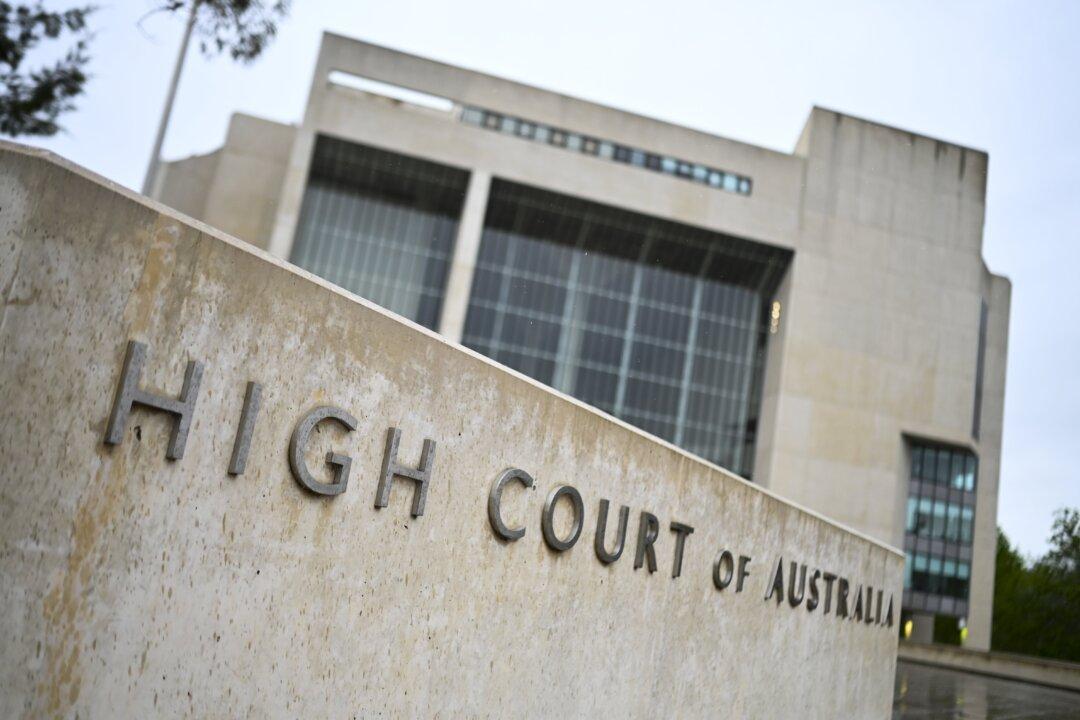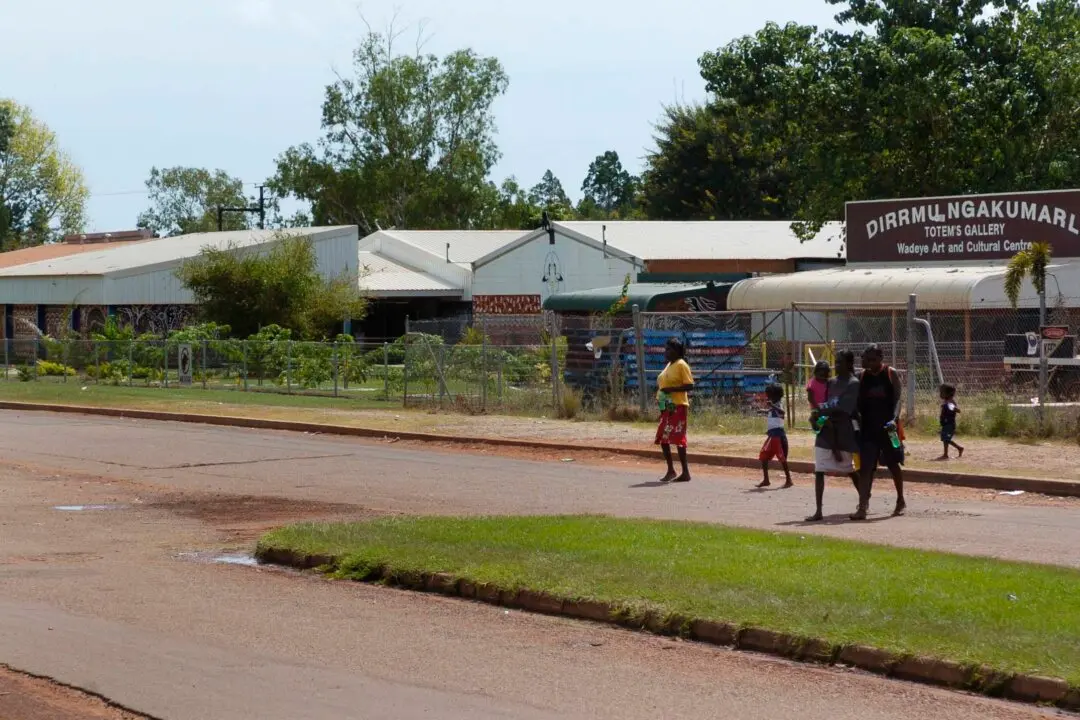The ability for courts to hold trials in secret to deal with national security matters will be scrutinised at a two-day hearing in Canberra.
Grant Donaldson, Australia’s Independent National Security Legislation Monitor, will hear from government officials, intelligence bosses, prosecutors and human rights advocates.





